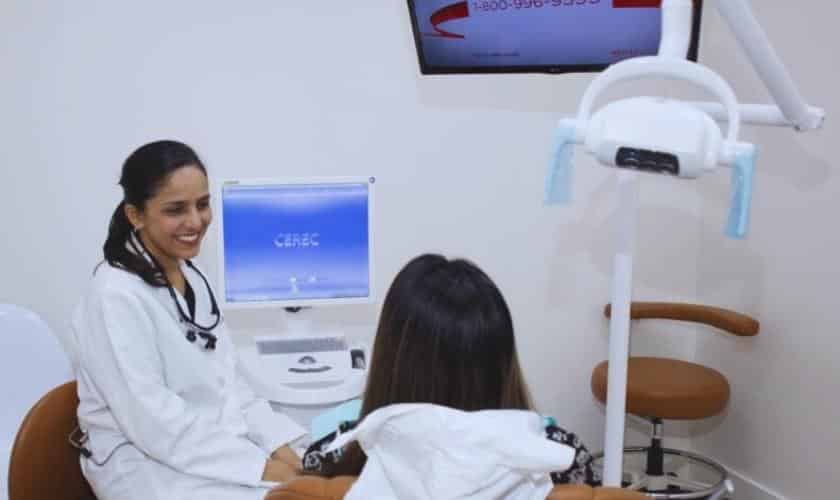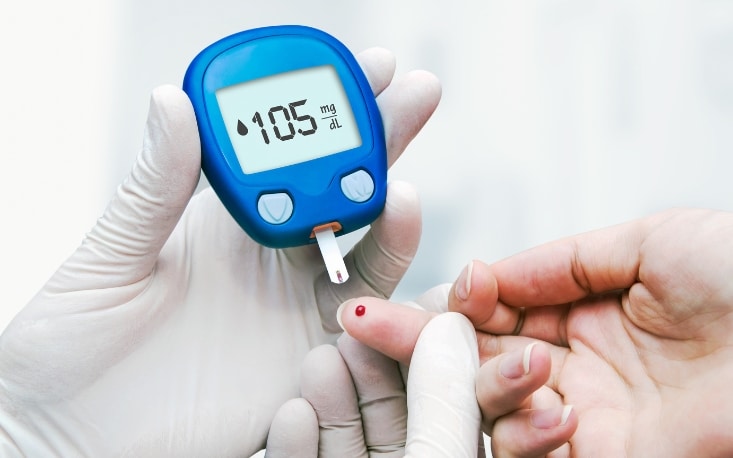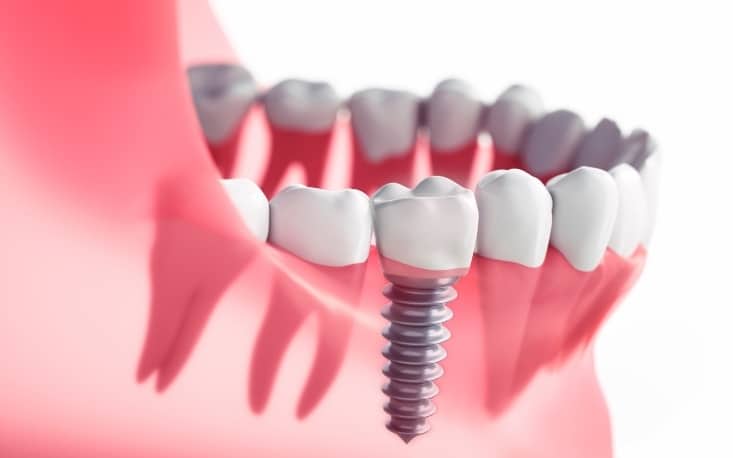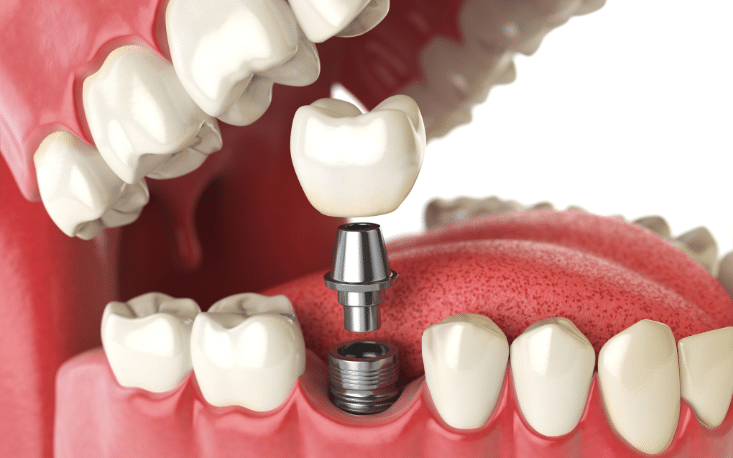ONLINE SCHEDULING AND VIRTUAL CONSULTS AVAILABLE

Catch These 5 Red Flags: Time to Book a Dentist Appointment

Welcome to our blog post on the 5 signs you need to see a dentist! Taking care of your oral health is crucial for maintaining a beautiful smile and preventing potential dental issues. While regular brushing and flossing are essential, sometimes it’s not enough. That’s where regular dental check-ups come in. In this article, we will discuss the importance of these check-ups and explore five common signs that indicate it’s time for you to schedule an appointment with your dentist. Read on to know more!
Importance of Regular Dental Check-Ups
Dentists at Plantation thoroughly examine your teeth and gums during these check-ups to identify signs of tooth decay or gum disease. They also perform professional cleanings to remove plaque and tartar buildup that may be missed during regular brushing.
Another important aspect of regular dental visits is the early detection of oral cancer. Dentists are trained to spot any abnormalities in your mouth that could indicate this serious condition. Early oral cancer detection considerably improves the likelihood of successful therapy.
In addition to detecting potential problems, regular dental check-ups allow dentists to educate patients on proper oral hygiene practices. They can offer personalized advice based on the specific needs and concerns identified during the examination.
Signs When You Should Visit A Dentist
1. Tooth Decay
One sign of tooth decay is persistent toothache or pain in your teeth. This pain may range from mild to severe and could be triggered by eating or drinking hot, cold, sweet, or acidic foods and beverages. Another sign is visible holes or pits in your teeth. These cavities are often accompanied by brown, black, or white stains on the surface of the affected tooth.
It could be a sign of tooth decay if you notice increased sensitivity in your teeth when consuming hot or cold foods/drinks. Additionally, if you experience bleeding gums while brushing or flossing your teeth, it might indicate gum disease caused by untreated cavities.
Other potential signs include bad breath that doesn’t go away even with regular brushing and mouthwash use, tender or swollen gums, and loose teeth. If you experience any combination of these symptoms, scheduling an appointment with your dentist is crucial.
2. Gum Disease and its Warning Signs
One of the warning signs of gum disease is redness, swelling, or tenderness in the gums. Pink and firm to the touch gums indicate a healthy mouth. If you notice any changes in their appearance or texture, it could be an indication of gum disease.
Another sign to watch out for is bleeding gums, especially during brushing or flossing. Bleeding gums are often a result of inflammation caused by bacteria buildup along the gumline. If this happens regularly, it’s important to consult with your dentist.
Persistent bad breath is another potential indicator of gum disease. The bacteria that cause periodontal infections produce foul-smelling gases, leading to chronic bad breath even after brushing and using mouthwash.
Receding gums can also be a sign of gum disease. As the infection progresses, it can cause the gums to pull away from the teeth, exposing more tooth surfaces and creating pockets where bacteria can thrive.
Loose or shifting teeth may indicate advanced stages of gum disease called periodontitis. This occurs as infection weakens the supporting structures around your teeth and causes them to become loose over time.
3. Extreme Sensitivity to Hot or Cold Foods/Drinks
When the protective layer of enamel on our teeth wears down, it exposes the more sensitive layers underneath. This can lead to discomfort when consuming hot beverages like coffee or tea and icy treats like ice cream. It may even become painful enough to avoid certain foods altogether.
Seeking professional help from the Dentist Plantation is crucial in determining the root cause and finding appropriate treatment options for your extreme sensitivity. Ignoring this issue may result in further damage and potential tooth loss.
4. Chronic Bad Breath or Taste in Mouth
Halitosis, the scientific term for chronic bad breath, can be caused by several factors. One common cause is poor oral hygiene. Bacteria buildup in our mouths, caused by poor brushing and flossing, causes the release of foul-smelling gases. Another possible cause is gum disease, which can lead to infection and produce unpleasant odors.
A less obvious but equally important symptom to watch out for is a constant unpleasant taste in your mouth. This lingering taste can indicate an oral health problem such as tooth decay or gum disease.
5. Crooked Teeth or Bite Issues
More than just a cosmetic concern might arise from crooked teeth. They can also impact your oral health. When your teeth are misaligned, it becomes harder to clean them properly, which increases the risk of tooth decay and gum disease. Additionally, crooked teeth can put uneven pressure on certain areas of your mouth, leading to jaw pain and discomfort.
Bite issues refer to problems with how your upper and lower jaws fit together when you close your mouth. This can result in an overbite (when the upper front teeth overlap the lower ones), an underbite (when the lower front teeth protrude beyond the upper ones), or a crossbite (when some of the upper teeth sit inside the lower ones).
Don’t Ignore These Signs, and Make an Appointment Today
Remember, your oral health is a crucial part of your overall well-being. Ignoring dental problems may ultimately result in more serious concerns. Regular check-ups with a dentist are essential for maintaining good oral hygiene and catching any potential issues early on.
If you notice any of the signs mentioned in this article – tooth decay, gum disease, extreme sensitivity, chronic bad breath or taste in your mouth, or crooked teeth/bite problems – don’t hesitate to schedule an appointment with your dentist. They have the expertise and tools to diagnose and treat these conditions effectively.
Taking care of your teeth now will prevent future discomfort and save you time and money in the long run. So don’t delay; make that dental appointment today! Your smile will thank you for it.





